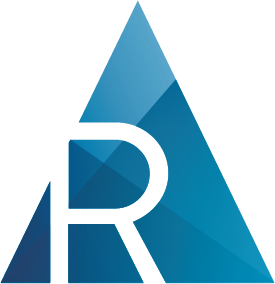Quick Takeaways: Impacts of New Lease Accounting Standard on Oil & Gas Companies
The new lease accounting standard (ASC 842) is effective for calendar year-end public companies on January 1, 2019. While certain sectors of the energy industry were largely unaffected by the new revenue recognition standard (ASC 606), ASC 842 will have an impact on nearly every industry and will be particularly impactful within Oil & Gas. For many companies, the level of effort required to implement ASC 842 will be significantly greater than that required for ASC 606. Below are several Oil & Gas-specific observations based on Riveron’s experience in assessing and implementing ASC 842:
- Leases historically assumed to be operating and not tracked will now be recorded on the balance sheet. Depending on the size of a company’s lease portfolio, collecting and abstracting this data could require significant time and resources.
- More arrangements could be considered embedded leases including processing and pipeline capacity agreements, gathering and transportation agreements, pipeline laterals, joint operating agreements, drilling rig commitments, and rights of way and easements.
- Certain arrangements, such as drilling rig contracts may contain both lease and non-lease elements (e.g., service and maintenance). Companies will be required to assign value to the various elements of the arrangement and account for them according to appropriate accounting guidance.
- Many companies will need to implement specialized lease accounting software. Large accounting firms have indicated that tracking ASC 842 in spreadsheets (versus a system) could result in a significant deficiency in internal controls.
- In addition to the potential need for specialized lease accounting software, existing systems may need to be modified or adjusted in order to provide the information necessary to drive new reporting and disclosure requirements.
- Companies should carefully consider lease implications when acquiring assets or entities. To the extent not already performed by the acquiree, lease data will need to collected, abstracted and entered into the acquiring company’s lease accounting software.
Companies need to allow sufficient time to adopt ASC 842, and the time to start is now. Riveron has found that the following workstreams, among others, often require significant commitments of time and resources: lease collection and abstraction; system selection, configuration, and implementation; internal control design and assessment; and accounting policy development.
Riveron has deep experience in both implementing ASC 842, and in the Oil & Gas industry. We can serve as a hands-on partner in assessing the impact of, and implementing, ASC 842, including system selection and implementation. We’d be happy to arrange a time to discuss how ASC 842 might impact your business and to share insights from our work in the space.

